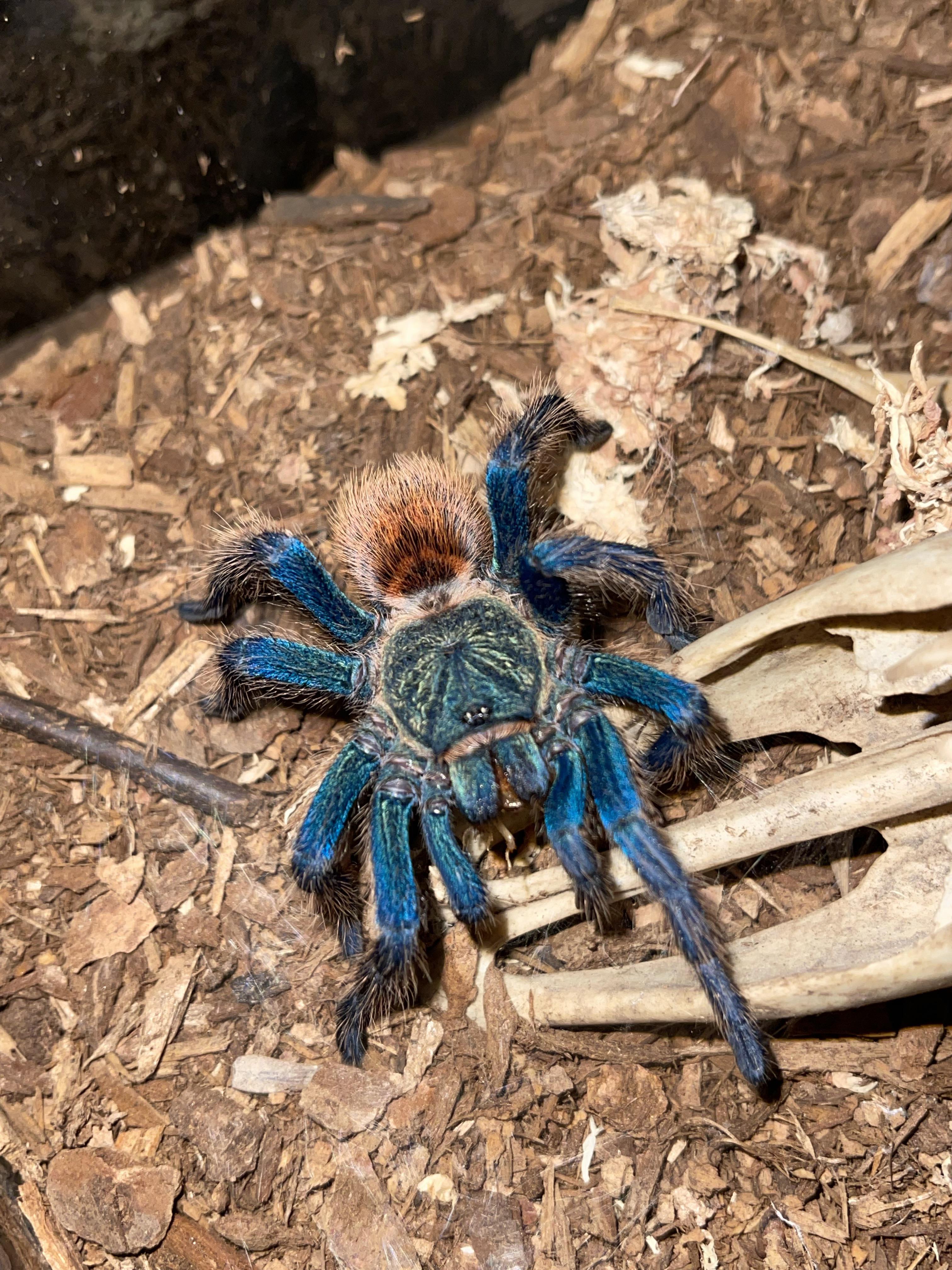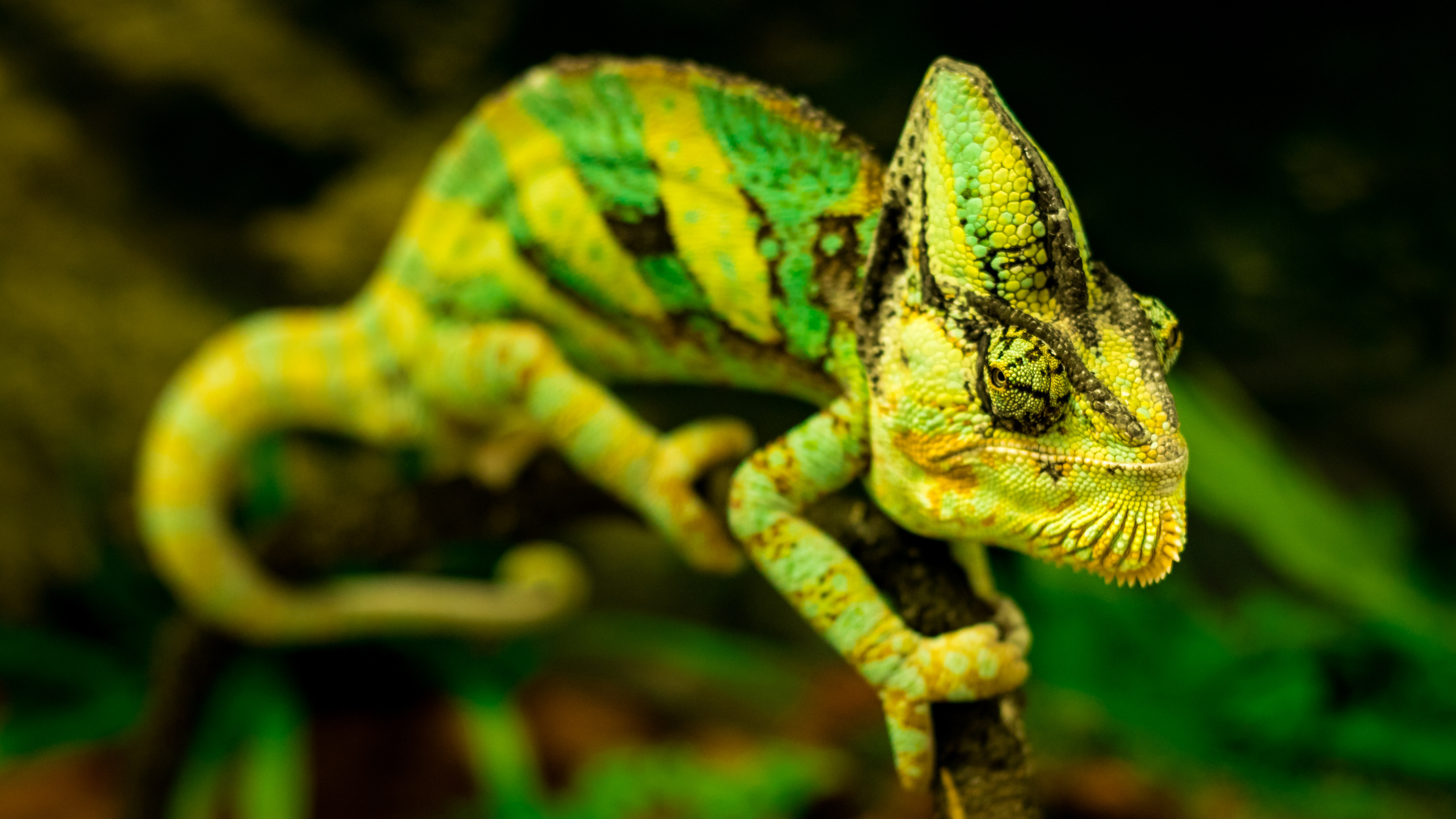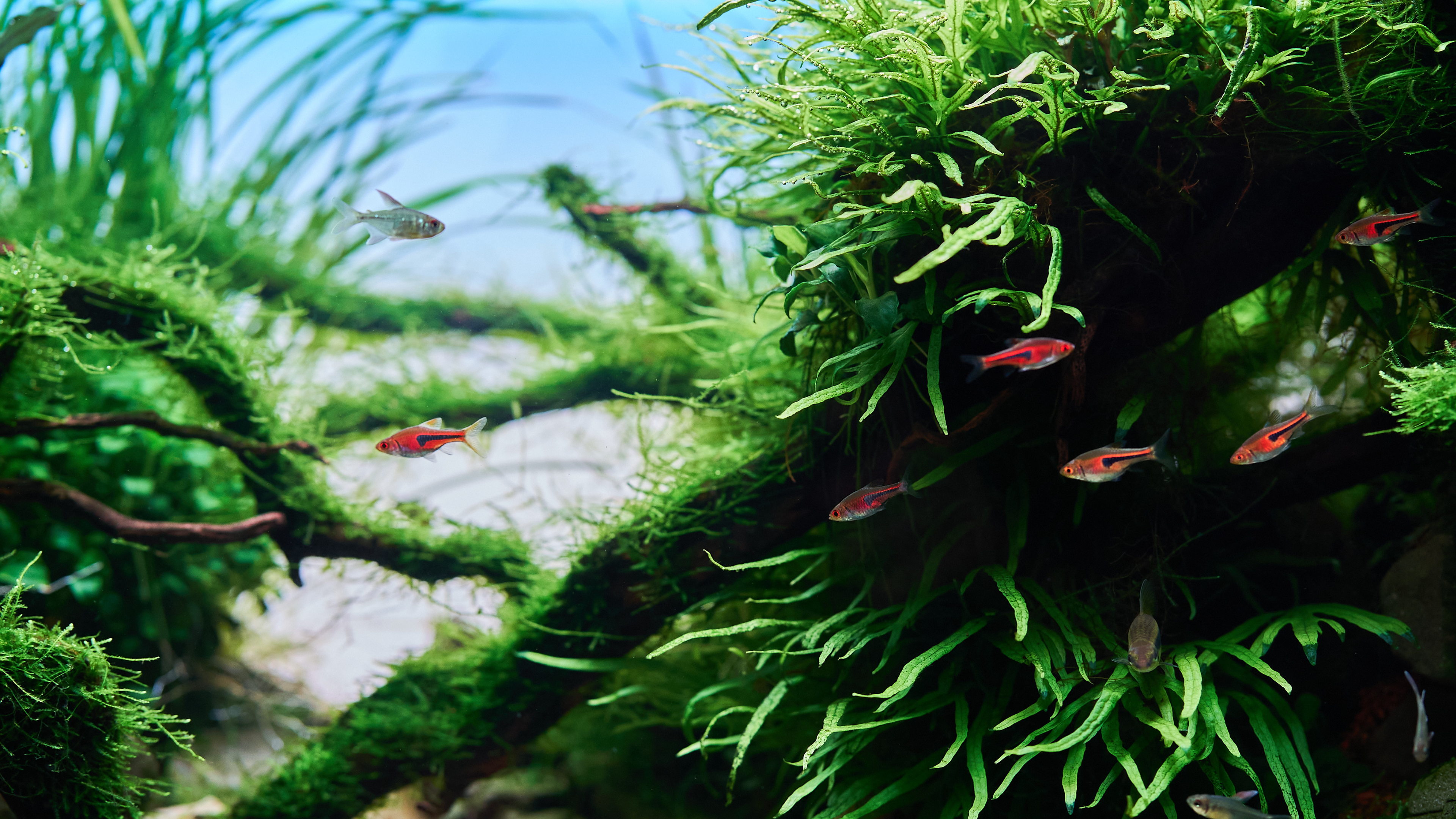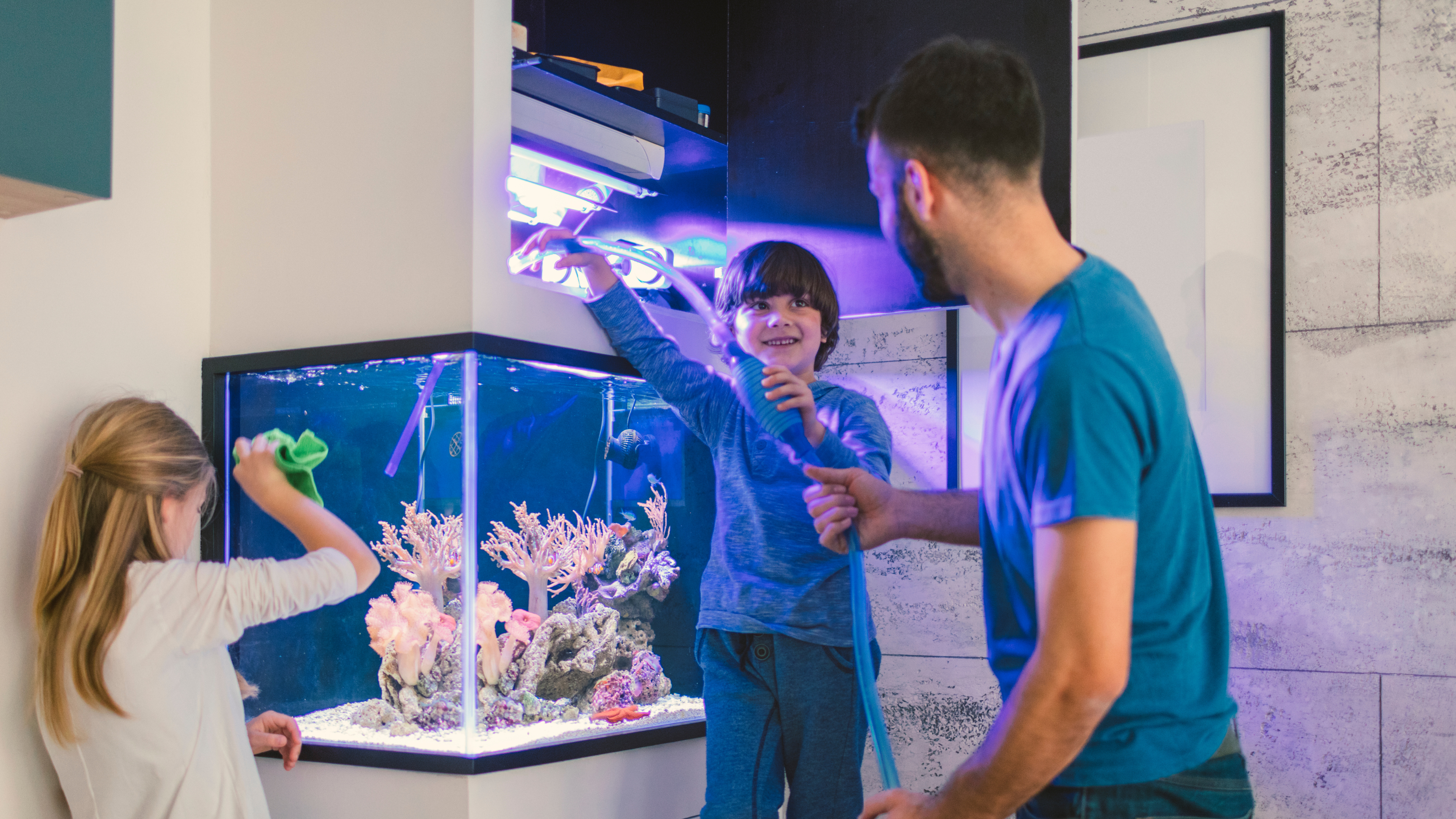Description
Chromatopelma Cyaneopubescens (Green Bottle Blue) 10cm Sub Adult - Image is for illustration purposes only!
Housing
- Enclosure: A sub-adult GBB requires an enclosure that provides ample space for webbing and comfortable movement. A terrarium or aquarium of at least 20x20x30cm (LxWxH) is suitable, with a secure lid to prevent escapes.
- Substrate: Use a dry substrate such as coconut fiber, fine sand, or a mix. Unlike many other tarantula species, GBBs prefer a dry environment. The substrate should be 3-4 inches deep to allow for some burrowing and to support web structures.
- Humidity: Low to moderate humidity (40-60%) is ideal for GBBs. Overly humid conditions can be detrimental, so ensure good ventilation in the enclosure.
- Temperature: Maintain a temperature range of 24-28°C (75-82°F) during the day, with a slight drop at night. This can be achieved with a heat mat or lamp, but avoid direct heat sources that can dry out the enclosure too quickly.
Feeding
- Diet: Offer your GBB crickets, roaches, or mealworms 1-2 times per week. The prey size should not be larger than the tarantula’s abdomen. Monitor your tarantula's response to feeding and adjust the quantity and frequency as necessary.
- Water: Provide a shallow water dish with fresh water at all times. GBBs rarely drink from standing water, but it helps maintain minimal enclosure humidity.
General Care
- Webbing: GBBs are prolific webbers. Include items like cork bark, branches, and artificial plants to encourage webbing. This not only enriches their environment but also allows you to witness one of their most fascinating behaviors.
- Handling: It's best to minimize handling. While GBBs can be relatively docile, they are also very fast and can become stressed easily. Use a gentle approach if you must move or interact with your tarantula.
- Molting: As your tarantula approaches adulthood, it will continue to molt. During this time, it may refuse food and become less active. Remove uneaten prey and minimize disturbances to provide a stress-free molting environment.
Social Needs
- Chromatopelma cyaneopubescens are solitary and should be housed alone. They are territorial and will become stressed or aggressive if housed with other tarantulas.
Order and get 60 reward points
Earn points by signing up for our rewards program




